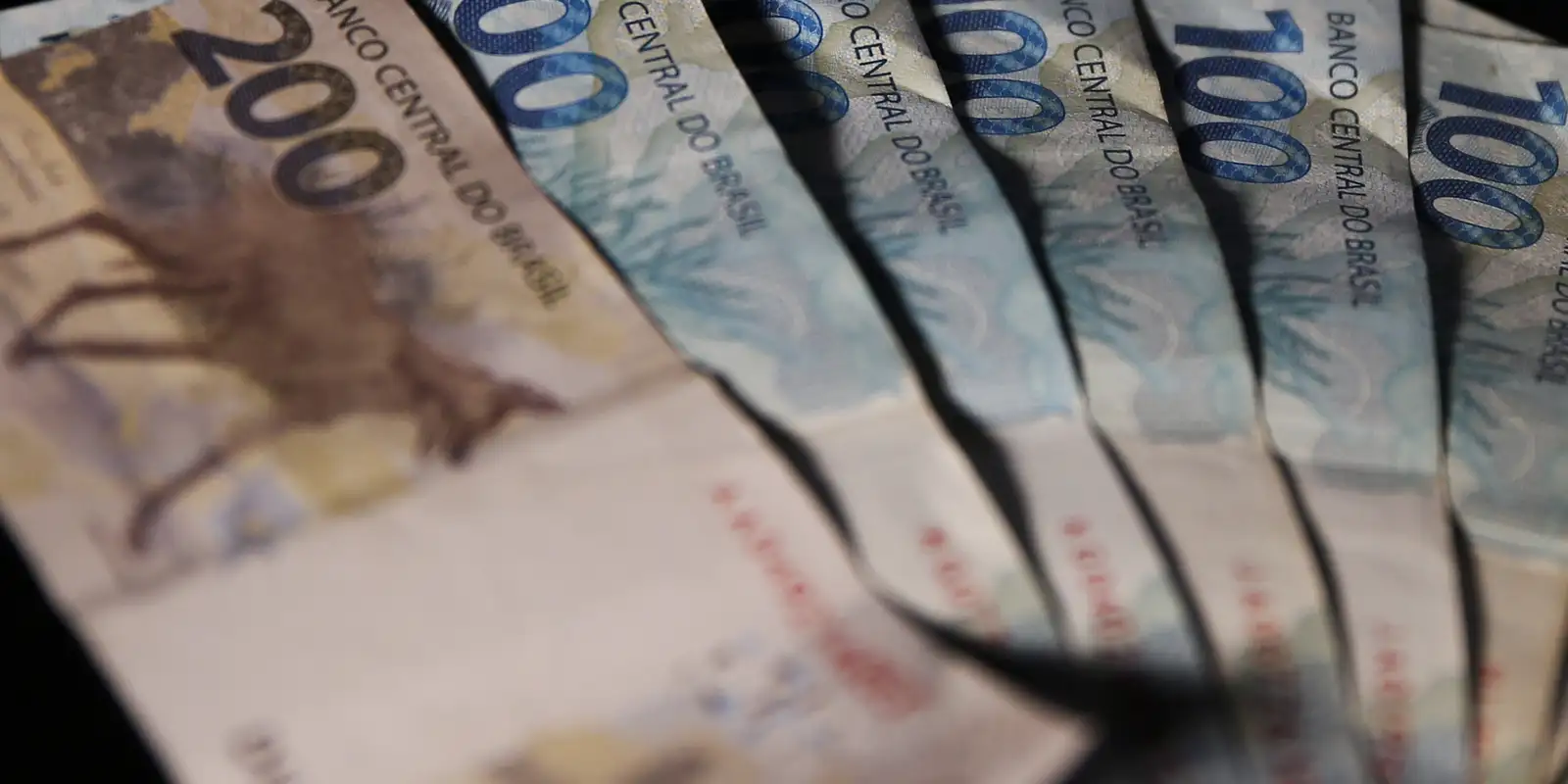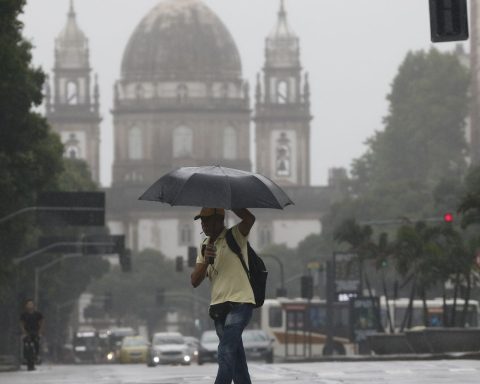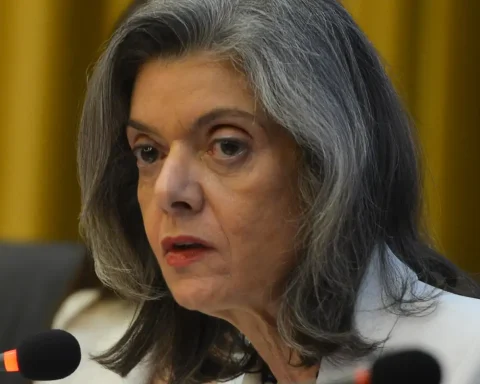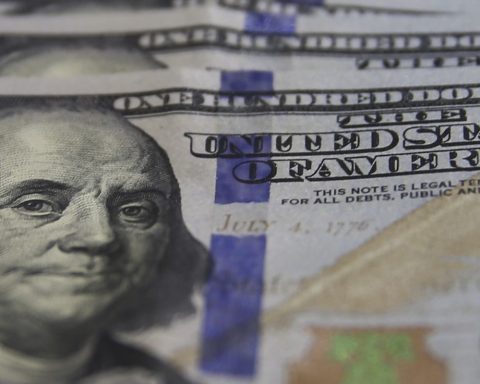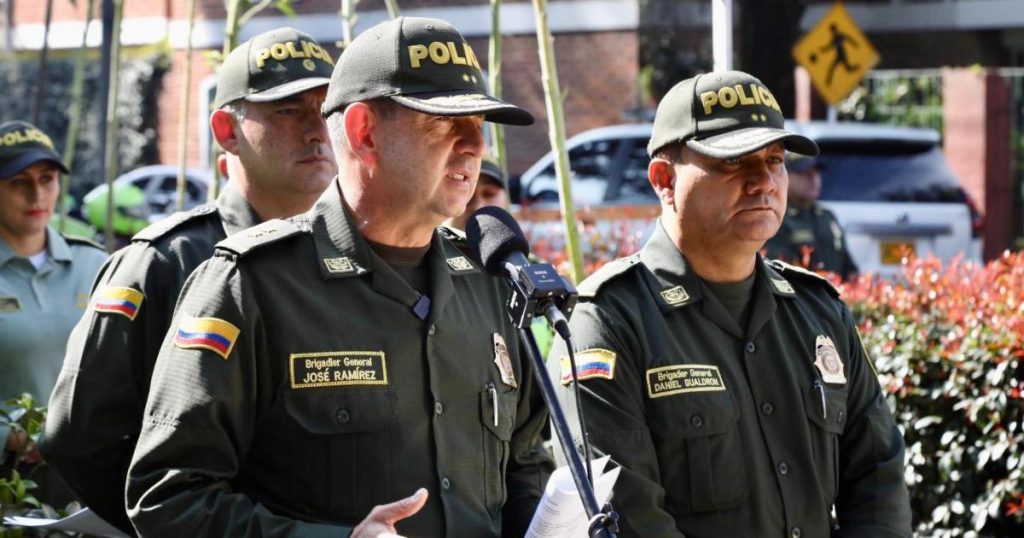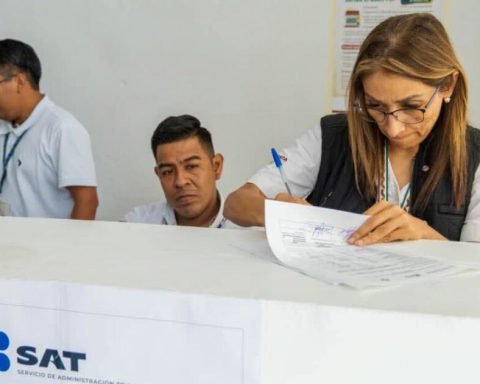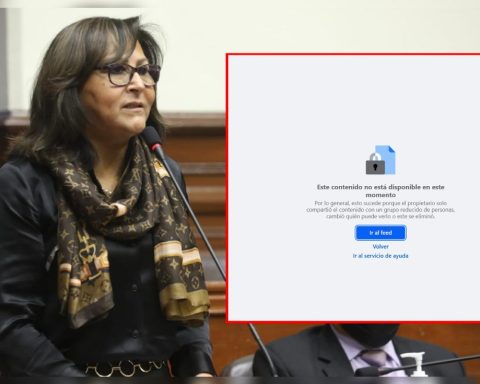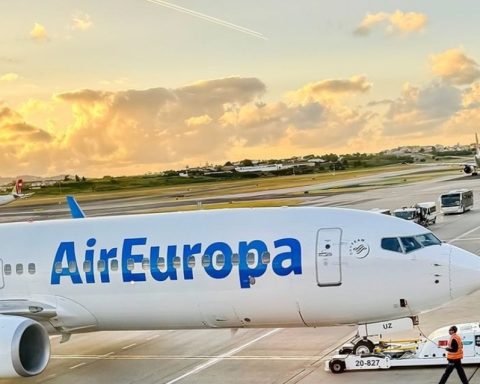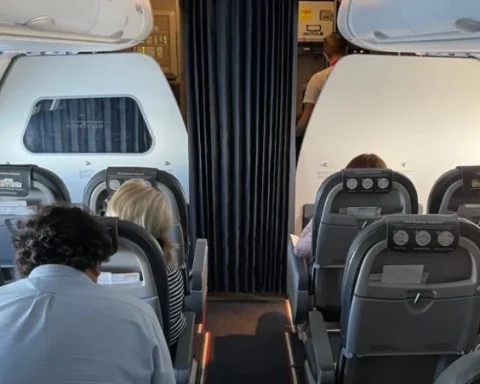Since this Wednesday (January 1st), Brazil has had a new value of R$1,518 for the minimum wage, which represents an increase of R$106 compared to 2024 (R$1,412). According to the federal government, the new value incorporates the replacement of 4.84% of the 12-month inflation calculated in November last year (National Consumer Price Index) and another 2.5% real gain.
The adjustment is in accordance with the new rule approved by the National Congress that conditions the update of the minimum wage to the limits defined by the new fiscal framework. Under this new standard – valid between 2025 and 2030 – the minimum wage will have a real increase of 0.6% to 2.5%.
According to the Inter-Union Department of Statistics and Socioeconomic Studies (Dieese), according to the previous rule, the adjustment should be the replacement of inflation plus 3.2% (variation in Gross Domestic Product in 2023).
The smaller adjustment will affect the remuneration of 59 million people whose income is linked to the minimum wage, such as formal employees, domestic workers, employers, self-employed workers and beneficiaries of the National Social Security Institute (INSS).
Direct impact
The value of the minimum wage has a direct impact on federal government expenses such as payments to retired people or pensioners, around 19 million; of those entitled to the Continuous Payment Benefit (BPC), more than 4.7 million; of formal workers dismissed from service, around 7.35 million who claimed unemployment insurance (data from July 2024); and workers who are entitled to the salary bonus (PIS-Pasep), around 240 thousand people last year.
The company Tendências Consultoria, from São Paulo, estimates that the new minimum wage adjustment policy will generate R$110 billion in public spending savings by 2030, with R$2 billion expected in 2025.
Between 2003 and 2017, the minimum wage had a 77% real gain (above inflation). This adjustment policy was interrupted between 2018 and 2022. The minimum wage in Brazil was created in 1936, during the government of former president Getúlio Vargas.
